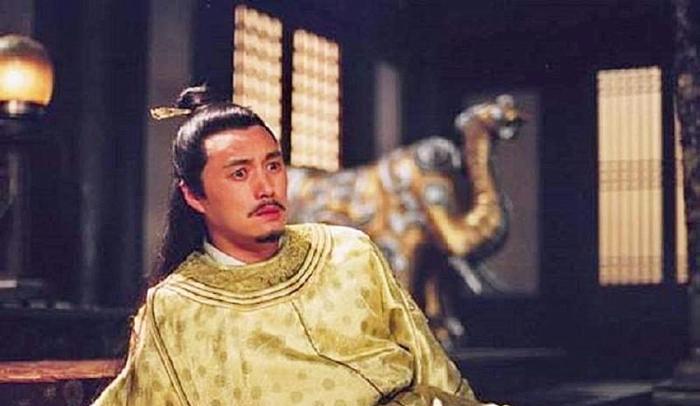In ancient times, many emperors did not live long, although in the present view, the better the living conditions, the better the welfare that should be enjoyed, the longer they should live. But in ancient times, this was not the case, many emperors were short-lived, even compared with ordinary people, why is this?

First, although the emperor and the people in ancient times enjoyed good living conditions, the medical conditions in ancient times were insufficient, which was not a big difference between inside and outside the palace. In ancient times, there was no Western medicine, only Chinese medicine, which had great advantages in the treatment of some wind and cold diseases, but it was difficult to cure some difficult diseases.
For example, smallpox, the Shunzhi Emperor died of this disease, at least at that time, whether you are a commoner or a royal nobleman, suffering from this disease is equivalent to the current people have cancer, an incurable disease, can only wait for death.
Second, the ancient emperors were busy with official duties and were generally overworked. In fact, many emperors' lives are not as good as we see, and every day except for the upper dynasty is to pamper the sister, which is actually not the case. From the perspective of the Qing Dynasty alone, the emperors of the Qing Dynasty had to learn the manchu, Han, and Mongolian languages from an early age, and learn Confucian theory and governing the country. After starting to pro-government, on the one hand, it was necessary to face cumbersome etiquette, such as daily sermons, court meetings, daily requests to the empress, and military and government affairs handling of the military aircraft department were all compulsory courses for the emperor. Under such work pressure, it was normal for the emperor to have a short life.
Third, in ancient times, the same surname was not married, and the same surname could not be married, but it was very common for cousins to marry, and the royal family was no exception. The harm of marriage between close relatives is very large, but due to the needs of marriage between clans, in many cases, the marriage of close relatives is inevitable, and some princes are the products of the marriage of close relatives, and their intelligence from childhood is not normal, so short life is also a matter of course.
Fourth, this is the most important issue. The emperor himself has a very high status and many concubines, although what is beautiful three thousand and the like is only the emperor's dream, not reality. But the average emperor will also have several wives or dozens of wives.
Only one of the hundreds of emperors, Emperor Wen of Sui, was famous for his love of one person, so you can imagine how beautiful the harem life of other emperors was. There are very few emperors who can control themselves, and most of the emperors are overindulged, typically the Xianfeng Emperor, who left a child just after the age of thirty and died.
The last point is the emperor's common disease, a phenomenon that has appeared since the beginning of Qin Shi Huang. It is the unremitting pursuit of immortality, many emperors can not see through life and death, especially in old age, will be crazy infatuated with Taoist immortals, which is understandable, but obsessed with immortality at the same time the emperor will entrust some Taoist "immortals" to refine the elixir.
The heavy metal content of this elixir exceeds the standard, and if you think that gunpowder is refined in alchemy, you can imagine the side effects of this elixir. The more the emperor pursued immortality, the more he would take the elixir, but the body also exhausted its energy in this chronic poisoning, and eventually ended up dying prematurely.
Focusing on these five reasons, almost all the reasons for the emperor's short life expectancy are included, and the few emperors who died as a result of coups or wars are not among our considerations. What are your views on the issue of the emperor's life expectancy, welcome to leave a message.